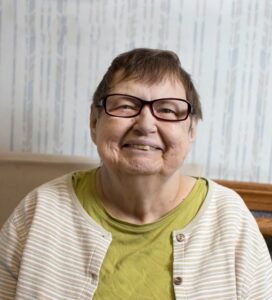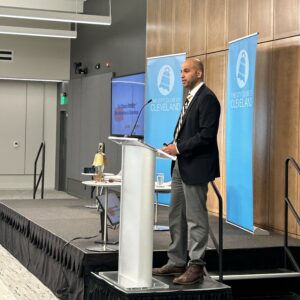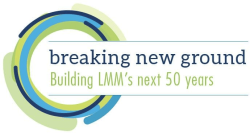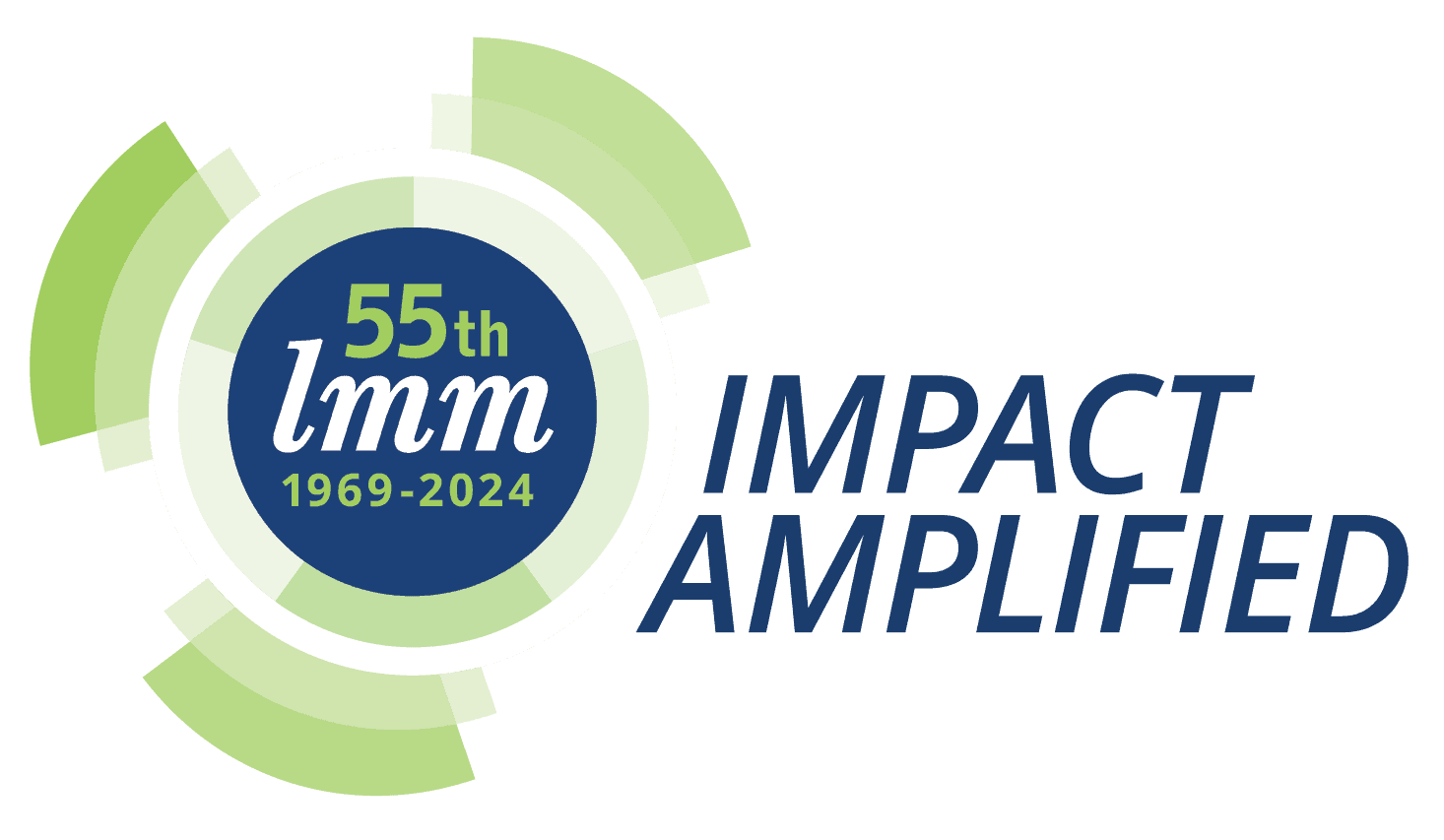
Lutheran Metropolitan Ministry (LMM) is proud to be celebrating its 30th year of providing adult guardianship. Over the past 30 years, LMM has provided services to thousands of vulnerable adults in Cuyahoga and Lorain Counties. As the state’s population continues to age, the demand for these services will continue to grow. It is important that Ohio prepare for this generational shift, otherwise vulnerable adults may face unsafe living conditions and at worse, death. This blog post provides insights into what this shift means for Ohioans and provides policy recommendations shared at the October 25, 2019 Public Officials Breakfast, Aging in Ohio and the Future of Guardianship, to ensure that vulnerable individuals are provided with the care necessary to age with dignity
When an individual is aging, indigent and suffering from a serious illness like bipolar disorder or Alzheimer’s, they may be referred to LMM’s Guardianship Services (GS). LMM’s Guardianship Services provides legal guardians in Cuyahoga and Lorain Counties to serve as concerned, caring advocates and surrogate decision-makers when a less restrictive alternative to guardianship is not available. The guardians take on full decision-making responsibility for individuals under guardianship, commonly called “wards,” who otherwise cannot make their own decisions, as they cannot understand and/or comprehend such complex issues due to their diagnosis, disease processes or disease management.
The availability of these services is critical in Ohio. Ohio has the seventh largest older adult population in the nation. While the state’s overall population is projected to grow by 1.6 percent by 2030, Ohio’s 60-plus population is projected to grow 30 percent during the same time. By 2030, it is estimated that 31% of Cuyahoga County will be over 60 years old. Without major planning, this demographic shift will strain Ohio’s medical, hospital and social safety net systems while pushing staffing levels in these institutions to their limits.
The strains to these systems will be worsened by the fact that not all Ohioans are aging in financial comfort. Growing inequality has led to major wealth gaps, and to many retirees who have little to no savings. Of Ohioans over 65 years old, 8% are living in poverty (earning less than $12,490 annually) and 21% are living at less than two times the poverty rate (up to $24,980). The odds of aging in poverty increase if you are a woman, person of color or a person in poor health. According to the nonprofit Justice in Aging, homelessness among older Americans will increase by 33% from 2020 and 100% by 2025.
Poverty and negative health outcomes are very much entwined. Those who are aging and in poverty are more likely to suffer from major health and mental health challenges; conversely, those who have major health and mental health needs are more likely to live in poverty. A lifetime of financial instability and limited access to health insurance and primary and specialty care, combined with behavioral factors like smoking and environmental factors like air pollution, contributes to the development of major diseases. People in poverty are more likely to be diagnosed with heart disease, stroke and other chronic conditions like asthma, as well as being linked to depressive disorders, anxiety disorders, psychological distress and suicide.
To ensure indigent adults are protected, and LMM’s Guardianship Services program remains able to meet the demand for services, local and state governments must invest in Adult Protective Services (APS) and program providing guardianship services.
APS funding is critical in the guardianship process as it is often the first step to being in the care of a guardian. APS is often the first to hear about a possible abuse situation and is then sent to investigate the accusation. Depending on what the investigation uncovers, the individual may be referred to the probate courts, and then to LMM’s GS. As adults cannot be involuntarily taken from an abusive situation, the guardianship process is one of the only ways an individual can be removed from a dangerous situation.
In the FY 20/21 biennium budget, the State of Ohio included a much-needed increase to the APS program. The increase amounted to an additional $17,000 per county per year to spend on APS, or $48,000 annually. While this increase is helpful, especially in smaller counties, there is still need for greater investment by the state in APS, as the current allocation barely covers the cost of one APS worker. Cuyahoga County’s APS is funded through the Division of Senior and Adult Services, which employs about 150 people, however, this number has not increased in the past five years, while the number of abuse cases handled by the County is expected to grow over the next two years. Cuyahoga County DSAS Director Tracey Mason requested an increase of $418k in 2020 and $427k in 2021 for APS, but that request was denied by the County Executive and County Council.
In addition to support for APS, there is a need for additional public funding to cover the cost of guardianship services. Currently, there is no state funding from guardianship services and Medicaid does not cover these costs. LMM’s program in Cuyahoga County is partially supported through a joint contract by the County’s Division of Senior and Adult Services and the Cuyahoga County Probate Court and funding. In Lorain County, the cost of services is covered through a contract with Lorain’s Probate Court and the County’s Job and Family Services APS division. Both programs are backfilled by the support of contracts with the respective county’s mental health boards, foundation support and private donors, as these contracts rarely cover the full costs of services provided.
The lack of statewide public funding means that only 38 of Ohio’s 88 counties have a guardianship program. In counties without a guardianship program, private lawyers may be contracted to provide these services, but the quality of such arrangements varies. Moving forward, it is critical that the state work with counties to find more stable funding at the state level to ensure these programs have the financial support needed to best serve those in-need. This may require reallocating funds at the state level, expanding Medicaid services or creating a new line-item specifically for guardianship services.
Moving forward, it is our hope that the State of Ohio will work with advocates to think critically about the needs of those who are aging in their districts. By thinking strategically now, we can work together to protect seniors, reduce the strain on existing systems like homeless shelters and emergency rooms and in turn provide adults with the dignity they deserve as they age.






